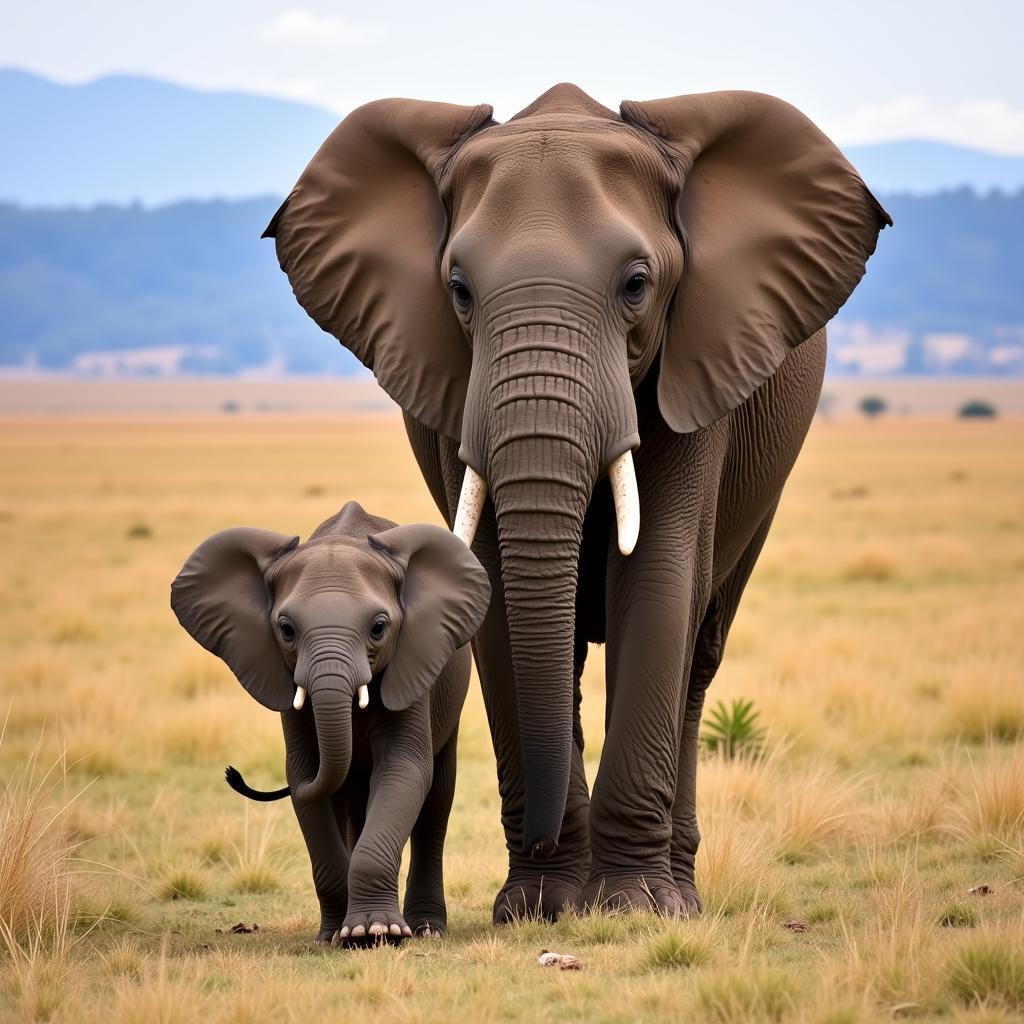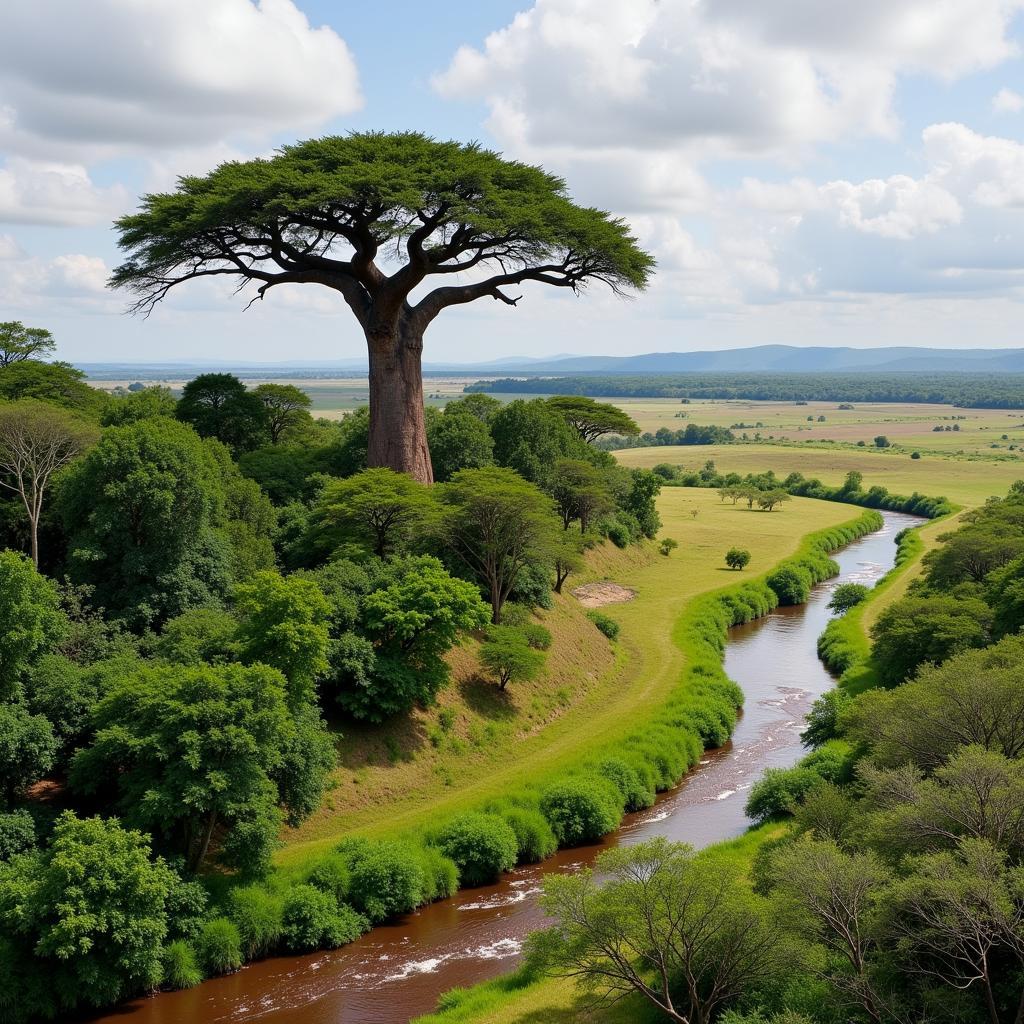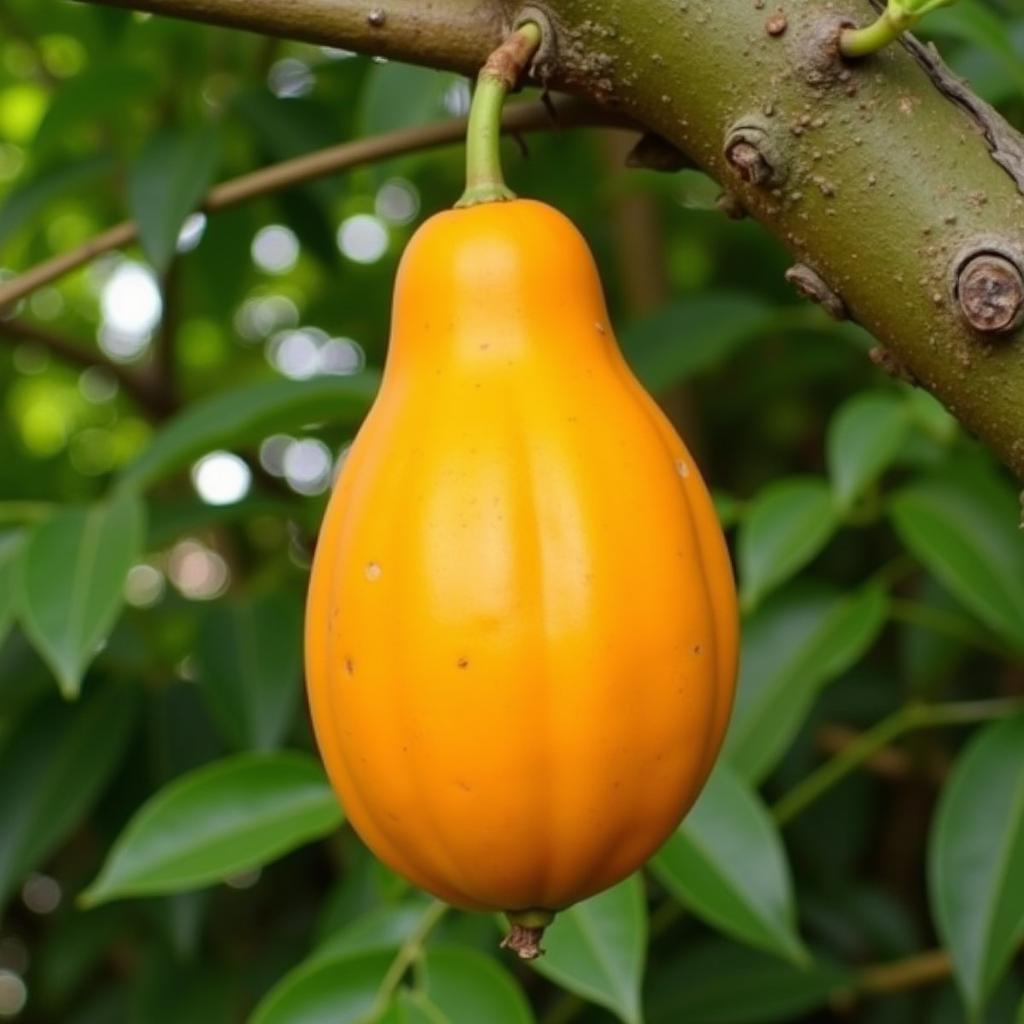Rocking the 1990’s African Hair Style: A Blast from the Past
The 1990’s African hair style scene was a vibrant tapestry of creativity, reflecting a dynamic blend of cultural pride and global influences. From box braids to Bantu knots, this era showcased a bold expression of identity that continues to inspire today. Let’s dive into some of the most iconic hairstyles that defined the decade.
Braids, Braids, Braids: The Cornerstone of 90s African Hair Style
Braids dominated the 1990s African hair landscape. Whether long, short, thick, or thin, braids offered versatility and a protective style that resonated with many. Box braids, in particular, reigned supreme. Their neat, geometric pattern offered a structured look that could be styled in countless ways. Micro braids, requiring more time and patience, delivered a finer, more intricate aesthetic. And let’s not forget cornrows, a timeless classic woven close to the scalp, often adorned with beads or other embellishments.
Bantu Knots: A Cultural Statement and a Fashionable 90s African Hair Style
Bantu knots, a traditional hairstyle with deep cultural roots, experienced a resurgence in the 1990s. These small, coiled buns offered a unique and stylish look that celebrated African heritage. Often adorned with colorful beads or headwraps, Bantu knots represented a connection to the past while simultaneously embracing a modern aesthetic. Their versatility allowed for both casual and formal wear, making them a popular choice for women of all ages.
Natural Hair Movement: Embracing Texture in 1990’s African Hair Style
The 1990s also saw the beginnings of a burgeoning natural hair movement. While chemically straightened hair remained prevalent, more and more women began to embrace their natural curls and coils. This shift signaled a growing appreciation for natural texture and a rejection of Eurocentric beauty standards. Short, cropped styles, afros, and twist-outs gained popularity, paving the way for the natural hair revolution that would take full force in the following decades.
What were some popular hair accessories used in 1990s African hairstyles?
Colorful beads, headwraps, and decorative clips were commonly used.
Why were braids so popular in the 1990s?
Braids offered versatility, protection, and low maintenance.
Beyond the Styles: The Cultural Impact of 1990s African Hair
The 1990s African hair styles weren’t just about fashion; they were a powerful form of self-expression and cultural affirmation. They represented a connection to heritage, a celebration of identity, and a reclamation of beauty standards. These hairstyles transcended mere aesthetics; they became symbols of pride, resilience, and community.
1990’s African Hair Style: A Legacy of Inspiration
The 1990’s African hair style trends left an indelible mark on the beauty landscape. From the iconic braids to the bold Bantu knots, these hairstyles continue to inspire and influence contemporary trends. They serve as a reminder of a decade that celebrated diversity, embraced individuality, and redefined beauty standards.
FAQ
- What are some easy 1990s African hairstyles to try today? Box braids and Bantu knots are relatively easy to recreate.
- Where can I find tutorials for 1990s African hairstyles? YouTube and online hair blogs offer a wealth of tutorials.
- What products are best for maintaining 1990s inspired hairstyles? Moisturizing oils and edge control gels are essential.
- Are 1990s African hairstyles protective? Many, like braids and twists, offer protection from damage.
- How can I personalize my 1990s inspired hairstyle? Experiment with accessories, braid thickness, and styling variations.
- What are some other popular 1990s hairstyles besides braids and Bantu knots? Cornrows, twists, and afros were also popular choices.
- Where can I learn more about the history of African hairstyles? Books, documentaries, and online resources can provide deeper insights.
Looking for more? Check out our articles on African fashion and traditional African art.
Need assistance with your hair journey? Contact us! Phone: +255768904061, Email: kaka.mag@gmail.com or visit us at Mbarali DC Mawindi, Kangaga, Tanzania. We have a 24/7 customer service team.


